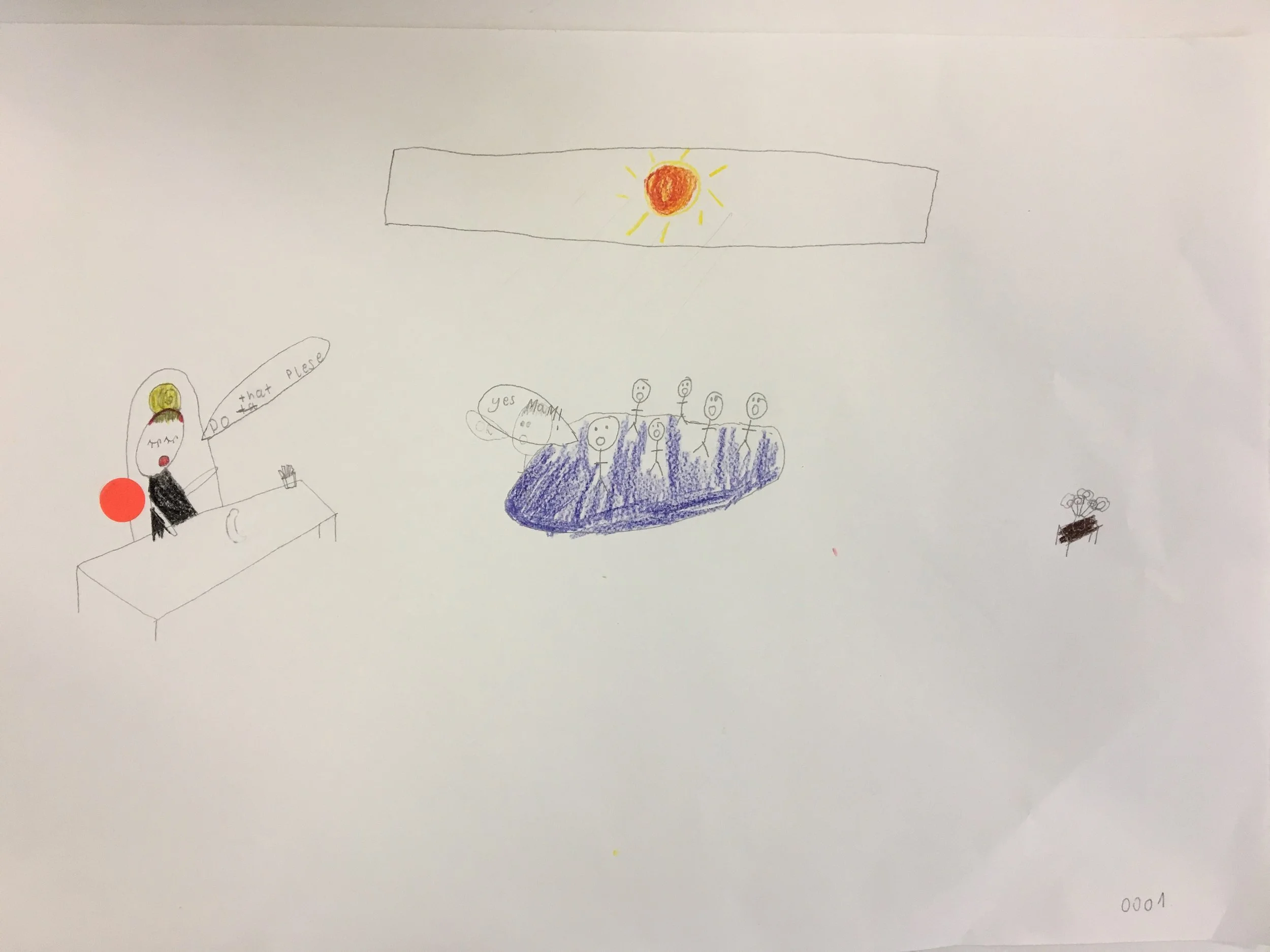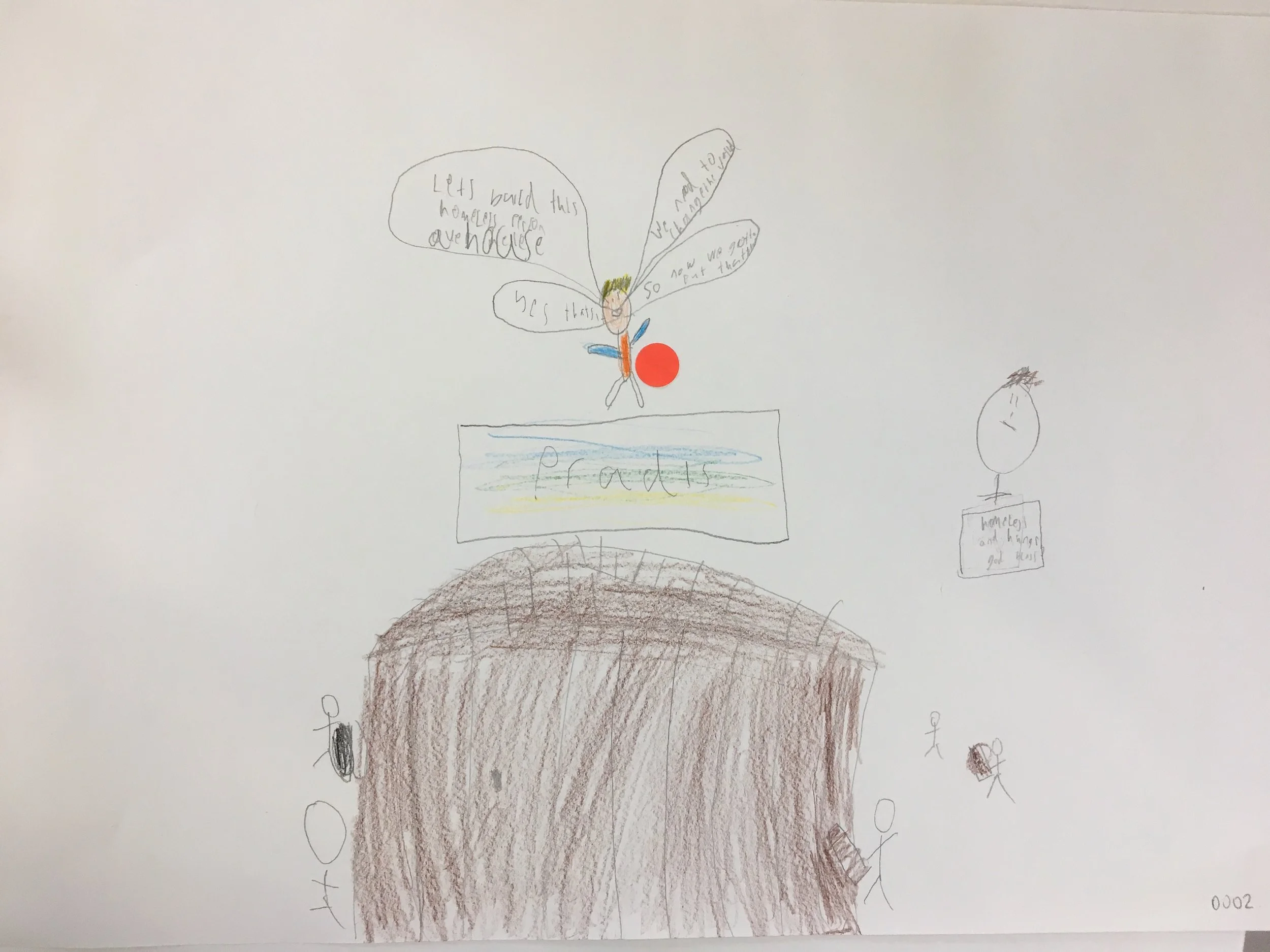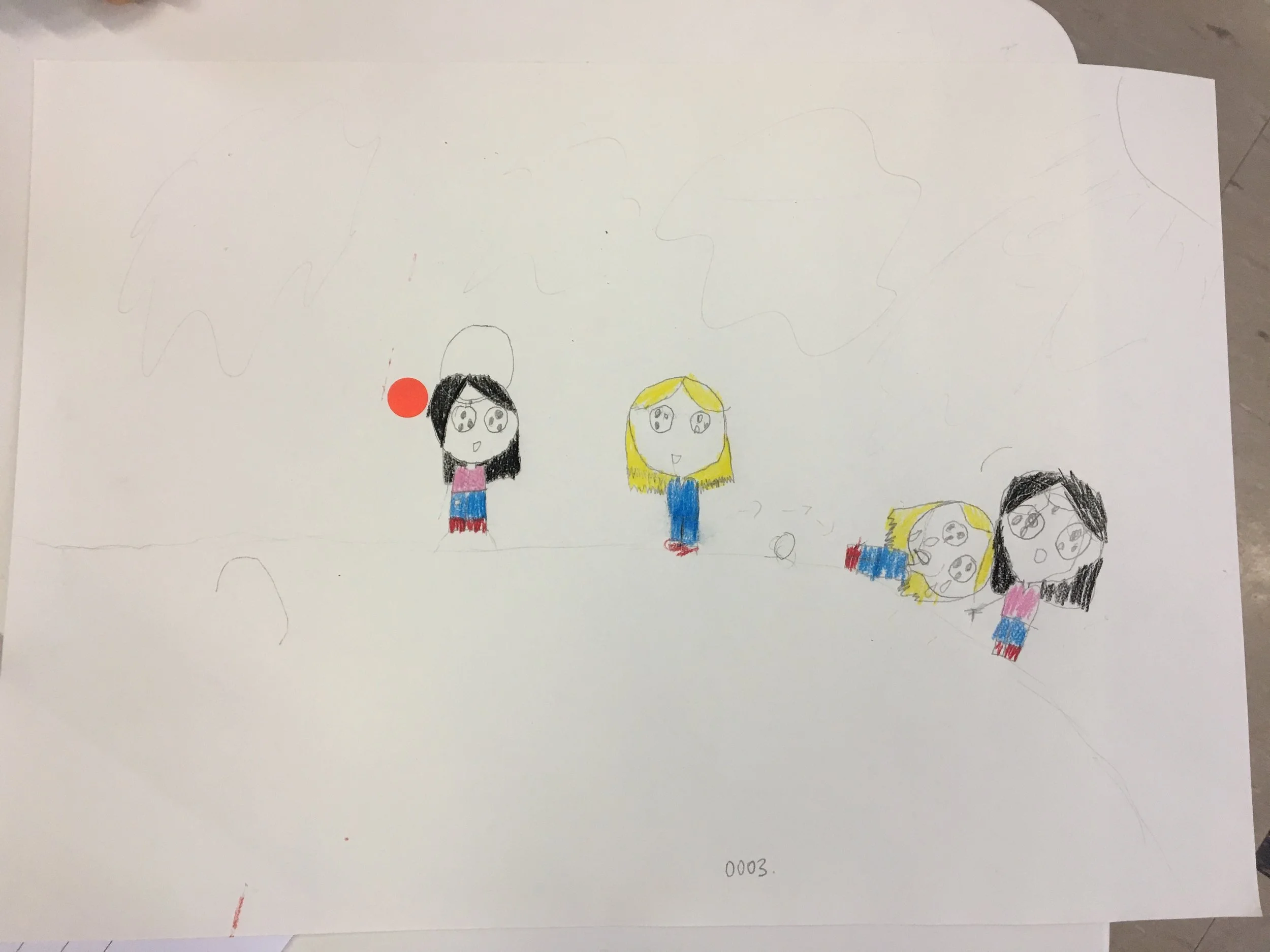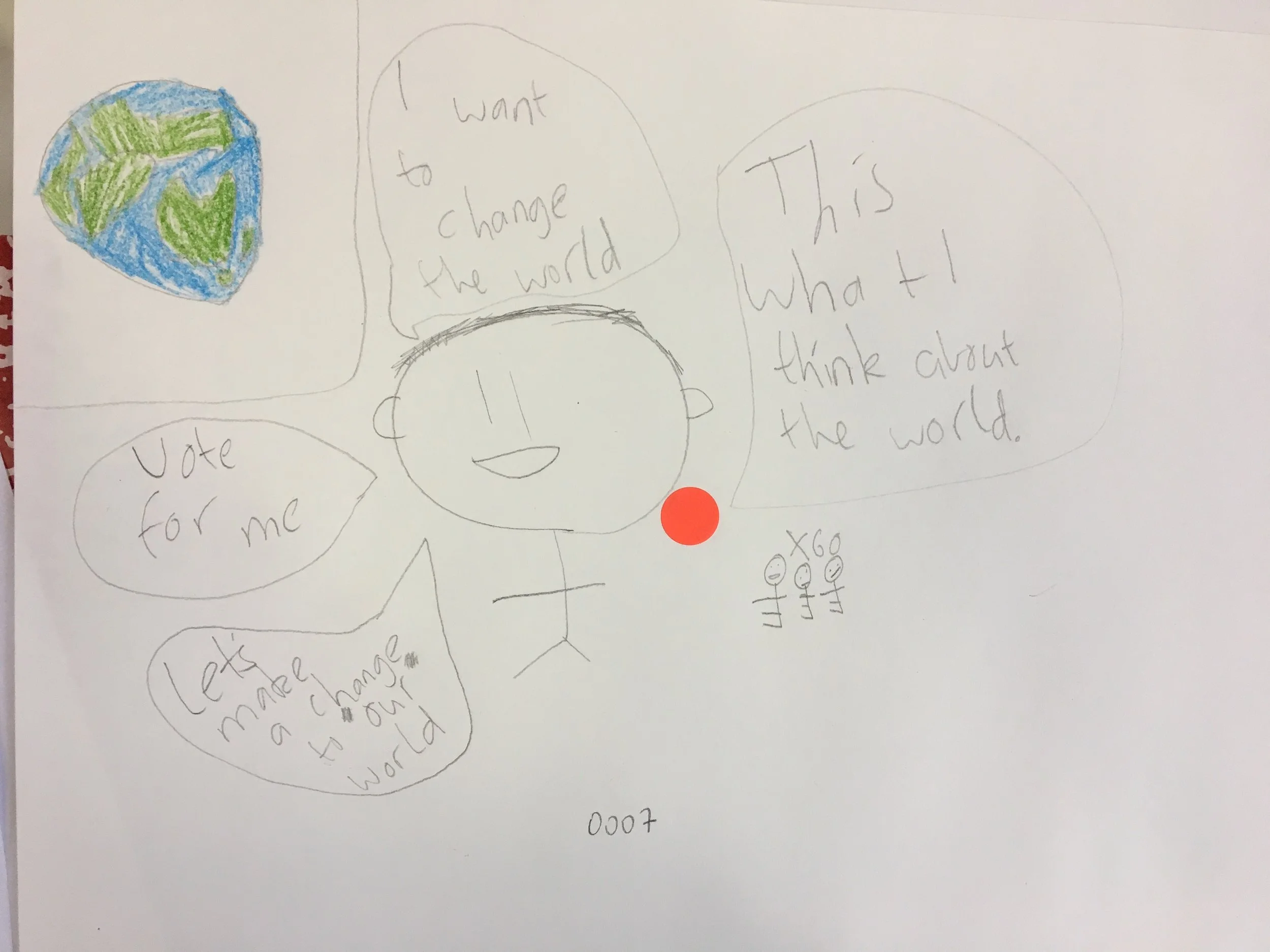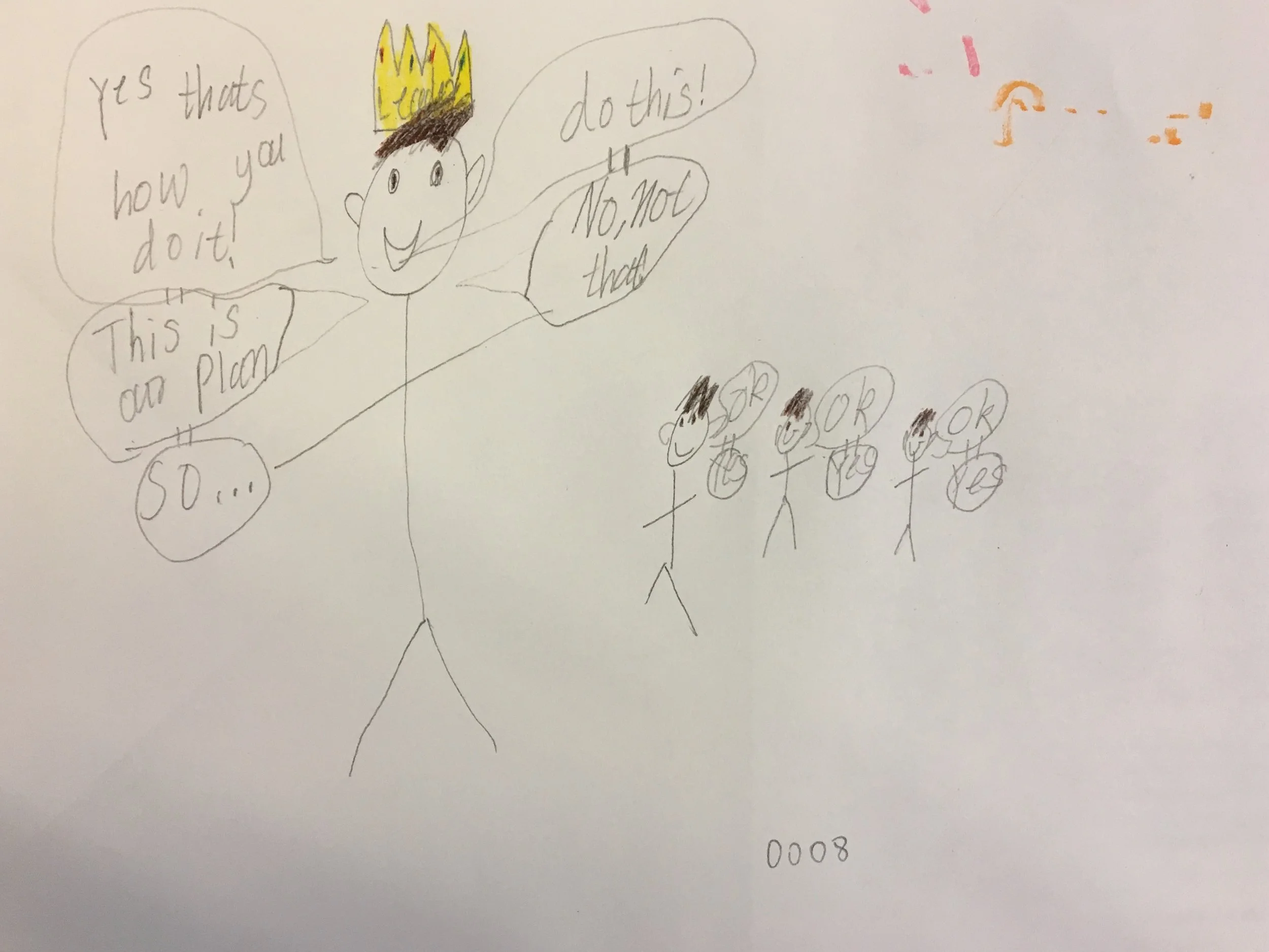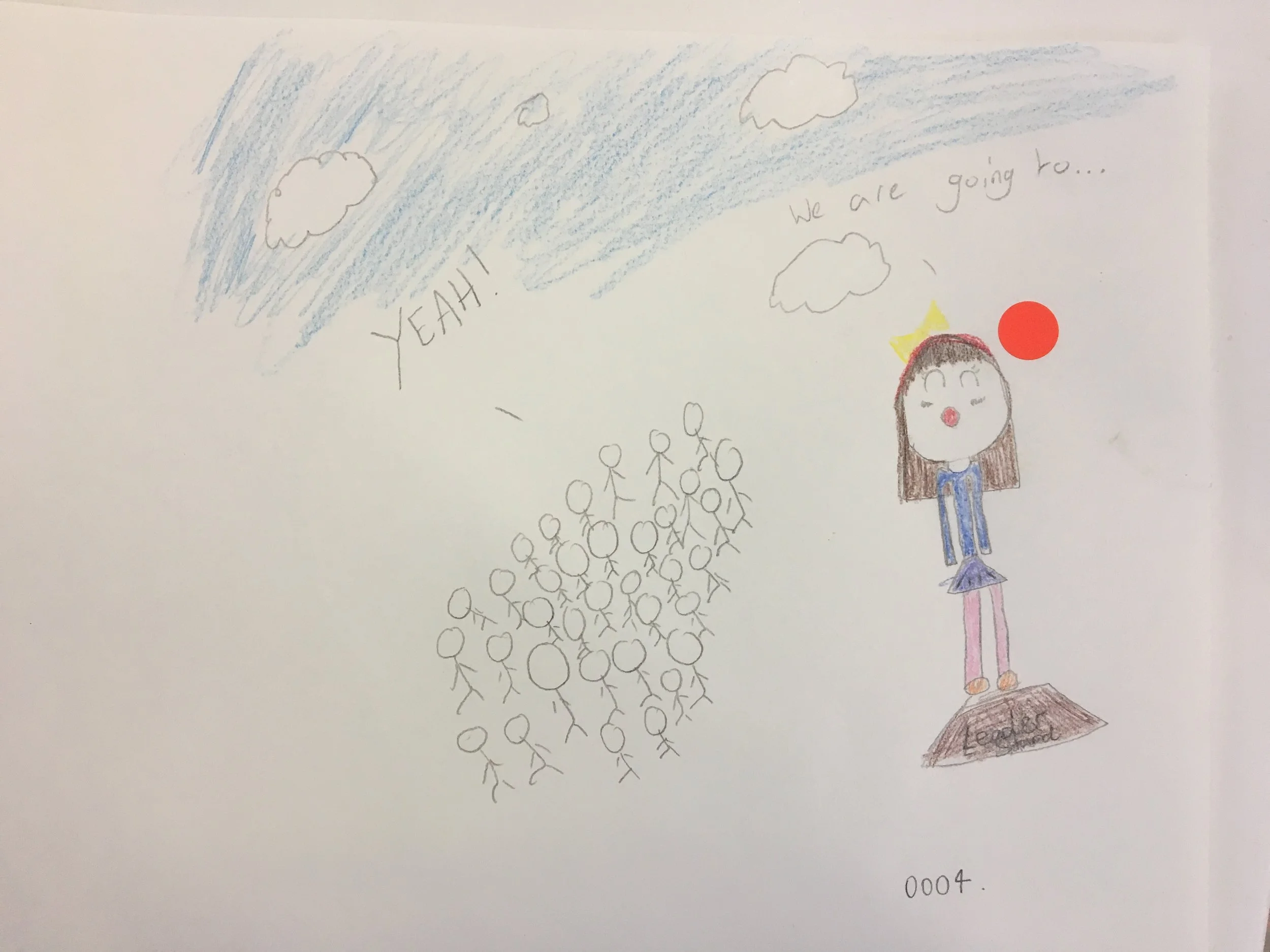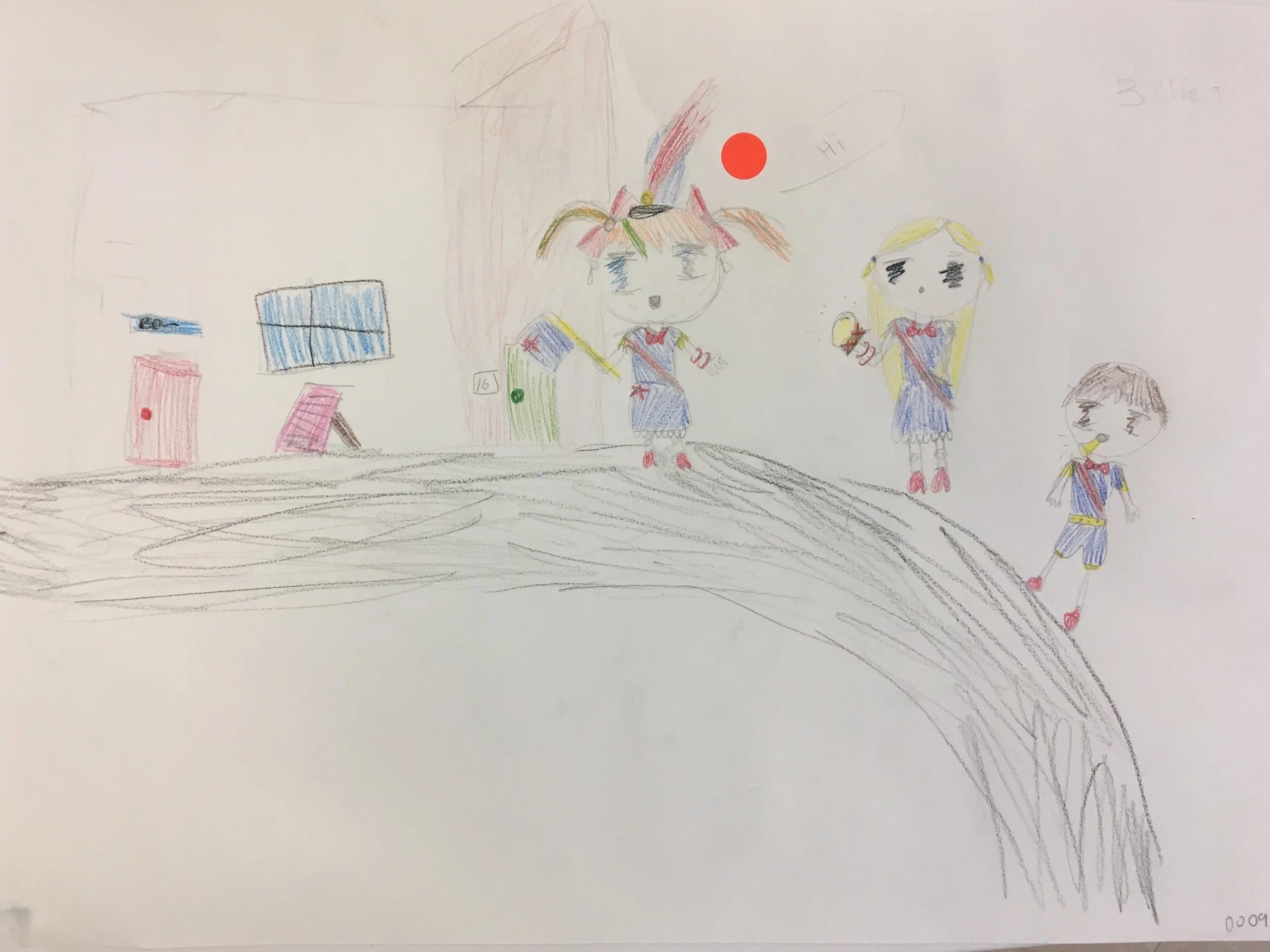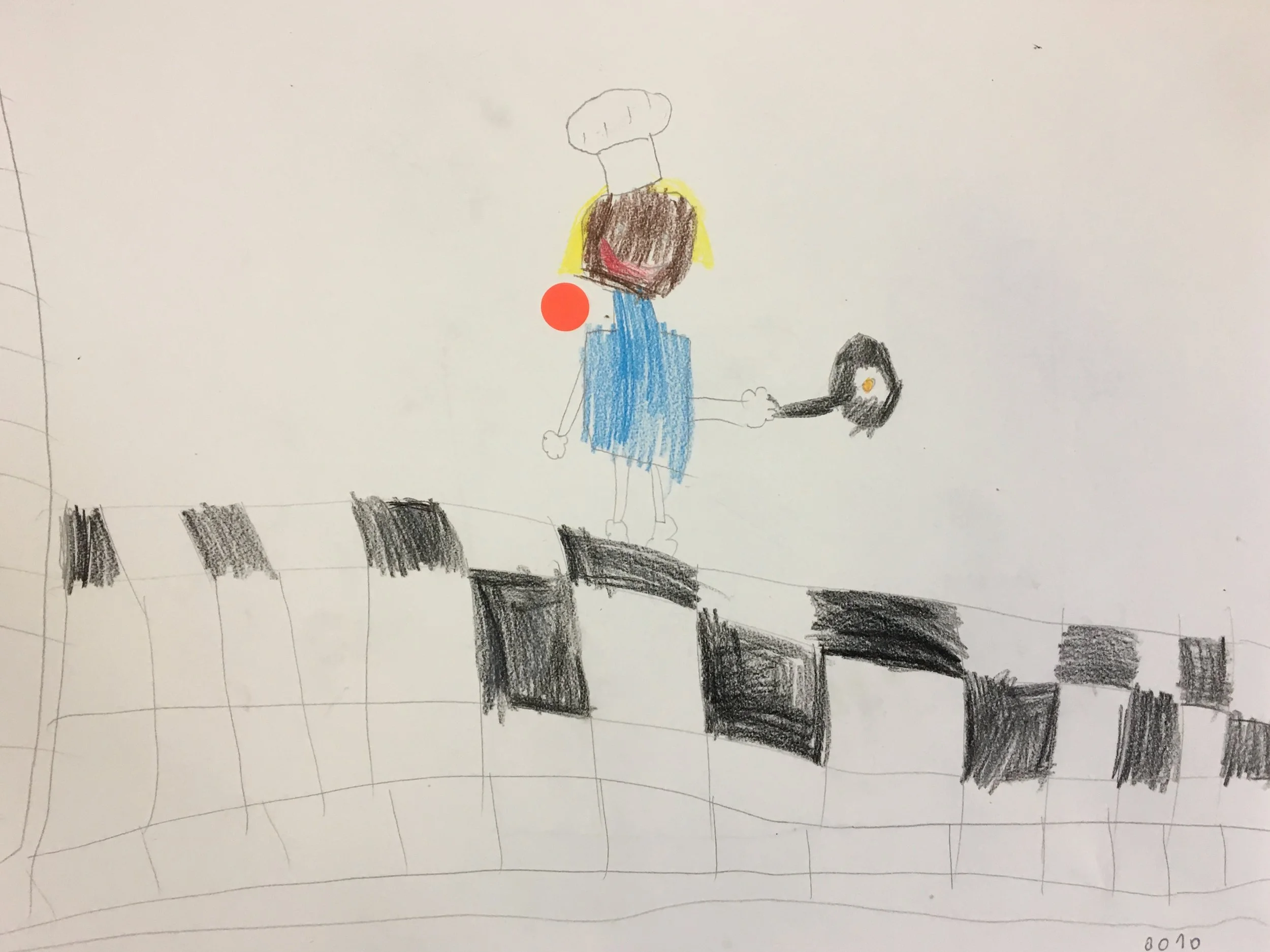leadership
Theatre group in Coburg, Melbourne (2015-2017)
While working with children’s play and theatre for over 15 years, Claudia was always interested in studying children’s cognitive development and imagination.
During her practice, she found leadership to be a key phenomenon to children’s interaction both in play and theatre making.
In 2016, she became the recipient of the Australian Postgraduate Award (APA) & Deakin University Postgraduate Research Scholarship (DUPRS) (2016) to study a PhD in Philosophy. She took this opportunity to link her interest in children’s cognitive development, imagination and leadership.
The research she is currently undertaking is an exploratory study of constructions of leadership during childhood or Implicit Leadership Theories (ILTs). The main objective of this study is to understand the way that children between the ages of 5 and 12 form their mental models of leadership.
Worldwide, only seven studies have been conducted on children’s implicit leadership theories. By exploring children ideas and perceptions, this study aims to contribute to our understanding on how our ideas of leadership emerge, how they are learned, and how they evolve over time.
RESULTS FROM PILOT TEST:
On May 20, 2018 I conducted a pilot test study with eight children between 6 and 11 years old. I was testing the following ideas that came out from an extensive literature review on children’s ideas of leaders:
Children as young as five have implicit leadership theories
Children define their understanding and expectations of leaders differently at different ages and grade
ILTs become more sophisticated as children grow older
Children’s ideas of leader vary across a child’s gender
Preference for the image of male leaders over female leaders
Variation in ILTs across different cultural backgrounds and religious affiliation
These are the drawings from the children:
From this simple test, I found that:
Children as young as six have implicit leadership theories
Children define their understanding and expectations of leaders differently at different ages and grade
ILTs become more sophisticated as children grow older
Children’s ideas of leader vary across a child’s gender
No preference for the image of male leaders over female leaders
No variation in ILTs across different cultural backgrounds and religious affiliation
The main research is being conducted at a Victorian Primary School and include 200+ children between 5 and 12. Keep in touch to learn more about the research and its findings.


